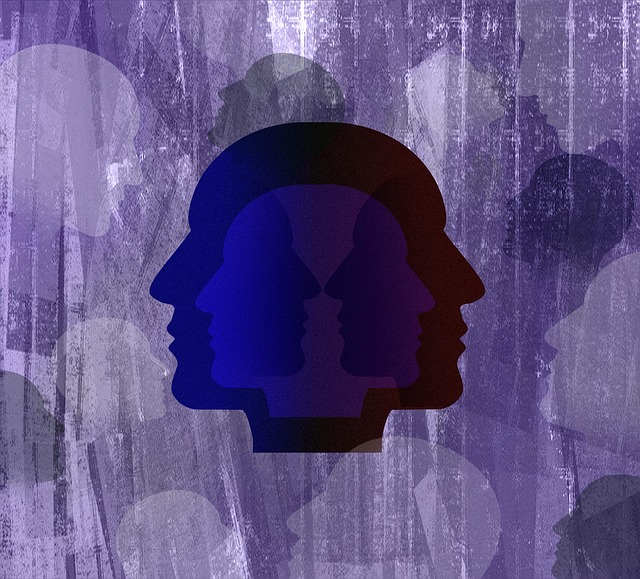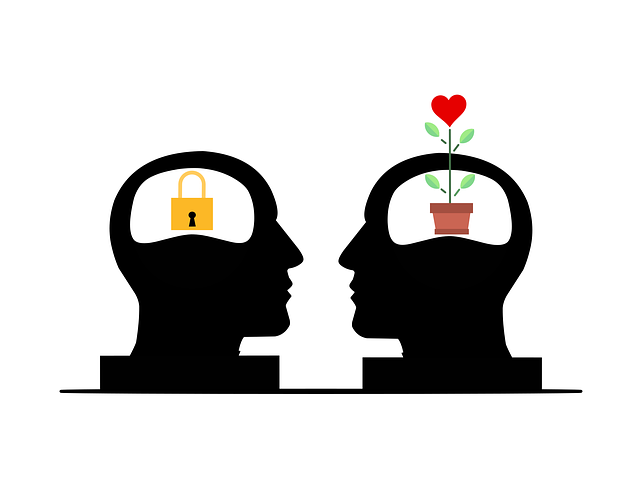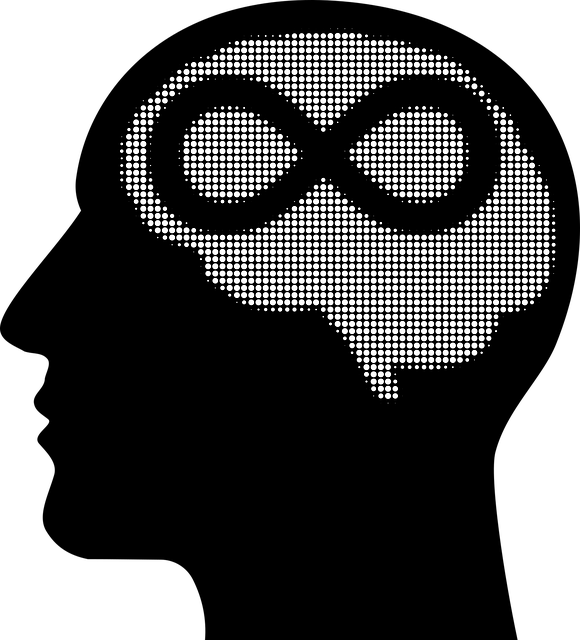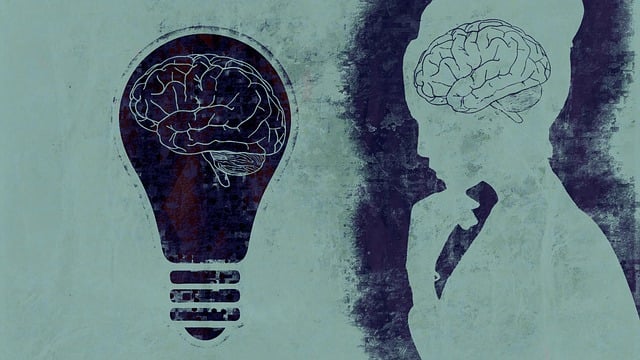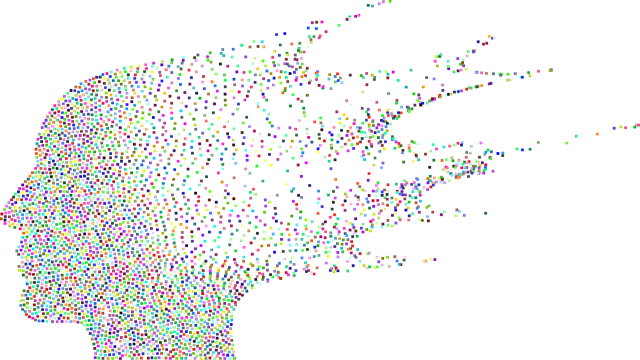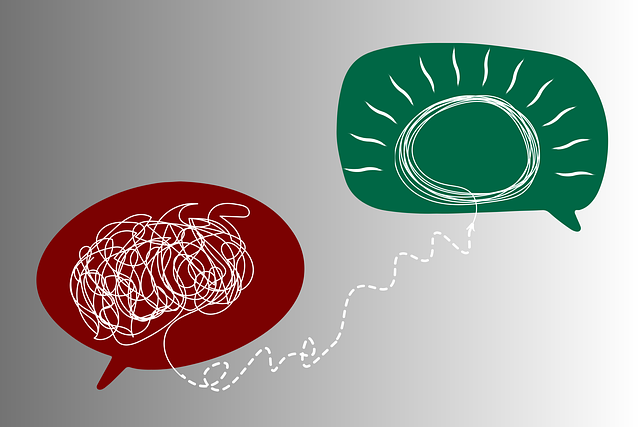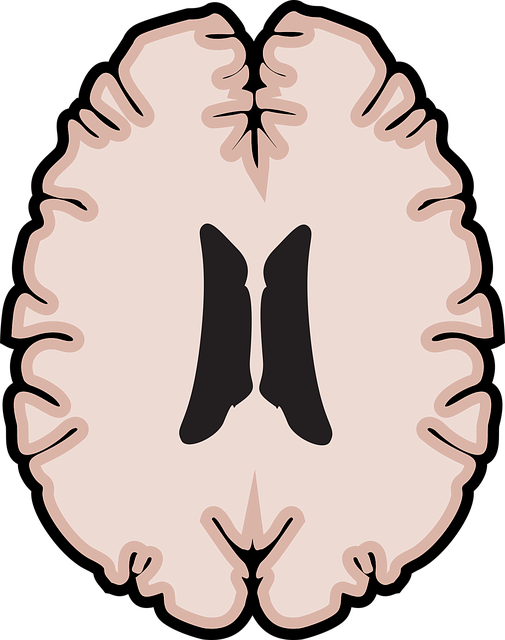Mental health challenges among adolescents have prompted a focus on accessible, effective interventions like Cognitive Behavioral Therapy (CBT). CBT empowers teens through coping strategies and problem-solving skills, addressing anxiety, depression, and other disorders. Self-assessment tools, incorporating compassion and inner strength development, bridge therapy access gaps, enhancing communication between teens and mental health professionals. Tailored online platforms and digital tools, combined with cultural competency training, revolutionize therapy delivery for adolescent teens in their homes. Effective self-assessment mechanisms, integrated with CBT practices, enable progress tracking and informed decision-making, fostering positive changes through mindfulness practices and diverse population support.
Mental wellness self-assessment tools play a pivotal role in supporting adolescent mental health. This article delves into the development of such tools, highlighting the growing need for accessible and effective resources for teenagers. We explore cognitive behavioral therapy (CBT) as a foundational approach, discussing its application and integration through online platforms to enhance teen mental health support. By understanding adolescent mental health and implementing evaluation mechanisms, we can foster continuous improvement in CBT-based self-assessment tools, ultimately benefiting young minds.
- Understanding Adolescent Mental Health and Cognitive Behavioral Therapy (CBT)
- Identifying the Need for Self-Assessment Tools in Teenager's Mental Wellness
- Designing Effective Self-Assessment Tools for CBT
- Integration of Technology: Online Platforms for Accessible Teen Mental Health Support
- Evaluation and Feedback Mechanisms to Enhance Continuous Improvement
Understanding Adolescent Mental Health and Cognitive Behavioral Therapy (CBT)

Mental health issues among adolescents have become an increasingly pressing concern, highlighting the need for accessible and effective interventions. Adolescence is a critical period marked by rapid cognitive, social, and emotional development, making young individuals susceptible to various mental health challenges. Understanding the unique factors influencing adolescent mental wellness involves recognizing the interplay of biological, psychological, and social elements.
Cognitive Behavioral Therapy (CBT) has emerged as a powerful tool in addressing these concerns. CBT is a form of therapy that focuses on identifying and changing negative thought patterns and behaviors. By teaching adolescents coping strategies and enhancing their problem-solving abilities, CBT aids in managing symptoms of anxiety, depression, and other common mental health disorders. This therapy is particularly beneficial for teens as it empowers them with the skills to navigate stress, prevent burnout, and promote better overall mental health, thus fostering resilience and a positive sense of self.
Identifying the Need for Self-Assessment Tools in Teenager's Mental Wellness

Adolescence is a period of significant growth and transition, often marked by heightened emotional intensity and increased vulnerability to mental health challenges. The rise in anxiety, depression, and other psychiatric disorders among teenagers underscores the pressing need for effective tools to assess and support their mental wellness. Traditional therapy approaches, such as Cognitive Behavioral Therapy (CBT), have shown success in treating these issues; however, self-assessment tools can play a pivotal role in early intervention and prevention.
By integrating techniques like compassion cultivation practices and inner strength development, self-assessment tools can empower adolescent teens to cultivate resilience and enhance their coping mechanisms. Moreover, improving communication strategies through these platforms facilitates open dialogue between teens and mental health professionals, ensuring that concerns are identified and addressed promptly. Such tools have the potential to bridge gaps in access to therapy for adolescent teens, promoting overall well-being and a healthier transition into adulthood.
Designing Effective Self-Assessment Tools for CBT

Designing effective self-assessment tools for Cognitive Behavioral Therapy (CBT) is a crucial step in enhancing mental wellness support, particularly for adolescent teens. These tools play a vital role in guiding and monitoring individuals’ progress in therapy, ensuring that treatment plans are tailored to their unique needs. For CBT, the focus should be on creating assessments that not only evaluate symptoms but also foster self-reflection and coping skills development. By encouraging teens to actively participate in their mental health journey, these tools can empower them to identify triggers, understand their thoughts and emotions, and learn effective strategies for stress management.
When developing such instruments, it is essential to incorporate various aspects of CBT, including cognitive restructuring, behavioral activation, and mindfulness techniques. This multi-faceted approach mirrors the comprehensive nature of CBT itself. Moreover, integrating burnout prevention strategies for healthcare providers can be beneficial, as therapists play a critical role in guiding teens through their assessments and ensuring they receive appropriate support. Ultimately, well-designed self-assessment tools have the potential to revolutionize therapy by making it more accessible, engaging, and effective for adolescent teens seeking cognitive behavioral therapy.
Integration of Technology: Online Platforms for Accessible Teen Mental Health Support

The integration of technology has revolutionized access to mental health support for adolescent teens. Online platforms offering therapy services, such as Cognitive Behavioral Therapy (CBT), are becoming increasingly popular due to their convenience and accessibility. These digital tools allow teens to seek help from qualified healthcare providers from the comfort of their homes, removing barriers often associated with traditional in-person therapy sessions. By utilizing secure video conferencing, chat features, and interactive modules, adolescents can engage in emotional healing processes tailored to their unique needs.
Furthermore, cultural competency training for healthcare providers is integral to ensuring effective support on these online platforms. Understanding the diverse backgrounds and experiences of teens allows professionals to deliver sensitive and inclusive care. Community outreach program implementations targeting schools, community centers, and social media groups further expand access to mental health resources, fostering a supportive environment where adolescents feel empowered to prioritize their well-being.
Evaluation and Feedback Mechanisms to Enhance Continuous Improvement

Effective mental wellness self-assessment tools should incorporate robust evaluation and feedback mechanisms to foster continuous improvement. These mechanisms enable individuals to track their progress, identify areas needing attention, and make informed decisions regarding their mental health journeys. For adolescents and teens seeking therapy, such tools can be a valuable complement to evidence-based practices like Cognitive Behavioral Therapy (CBT), helping them gain insights into their thoughts, emotions, and behaviors.
Integrating feedback from self-assessments into therapy sessions allows healthcare providers to tailor interventions more effectively. Moreover, regular reflection through mental wellness podcast series production or engaging in mindfulness meditation can deepen understanding and promote positive changes. Additionally, ensuring that healthcare providers undergo comprehensive Cultural Competency Training enhances their ability to address the unique needs of diverse populations, further enriching the assessment and treatment process.
The development of self-assessment tools for mental wellness among adolescents is a significant step in addressing the growing need for accessible and effective therapy, particularly cognitive behavioral therapy (CBT) for this demographic. By integrating technology through online platforms, we can ensure that teenagers have easy access to resources supporting their mental health journey. Through continuous evaluation and feedback mechanisms, these tools can be refined and improved, fostering a more comprehensive understanding of adolescent mental health and enabling better-tailored interventions, ultimately enhancing the well-being of our youth.




